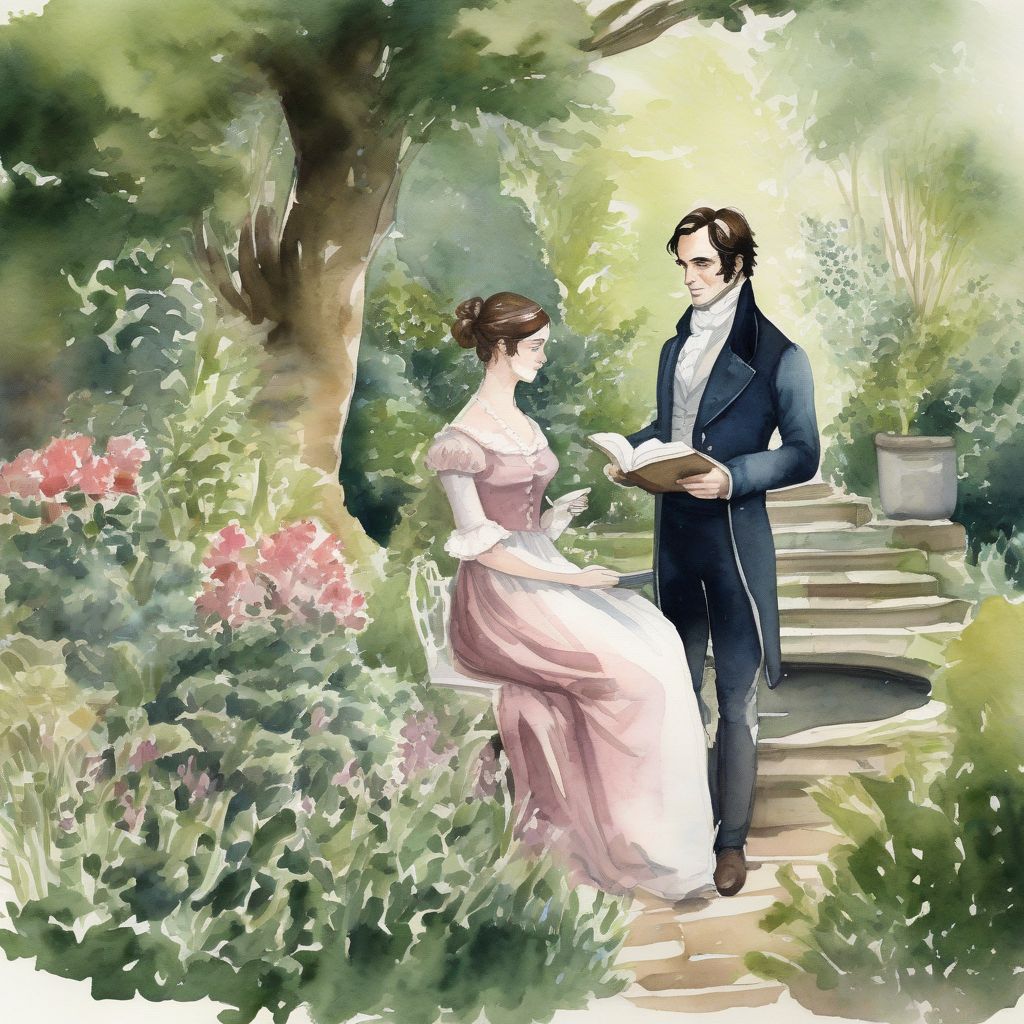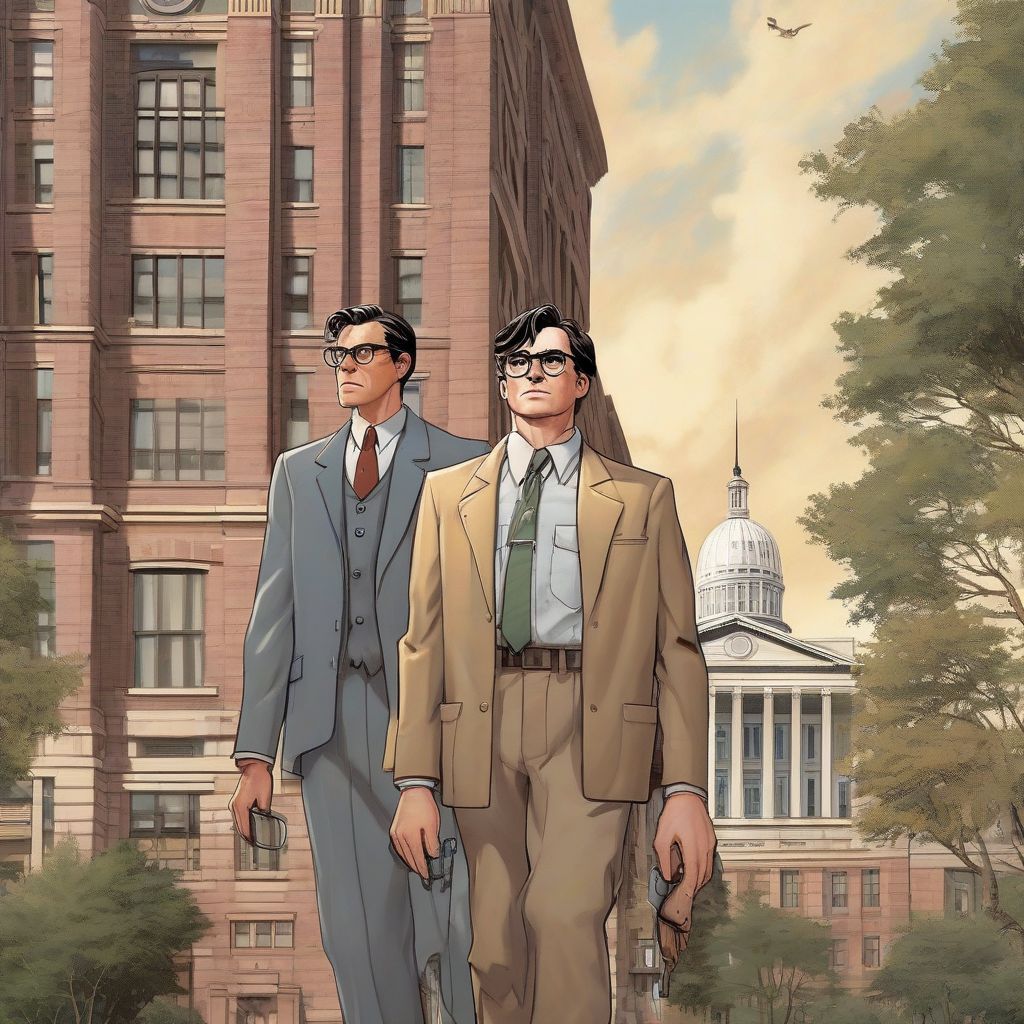Imagine opening a book that transports you across time and continents, immersing you in lives and stories that have shaped generations. That’s the power of classic novels. These timeless literary works offer profound insights into the human condition, captivating readers with their enduring themes, unforgettable characters, and masterful storytelling.
This article delves into the captivating world of influential classic novels, providing reviews and analyses of some of the most celebrated works in literary history. Whether you’re a seasoned bibliophile or a curious newcomer, join us as we explore the enduring legacy of these masterpieces.
Unveiling the Power of Classic Novels
Classic novels endure because they transcend time and cultural boundaries. They grapple with universal themes – love, loss, betrayal, redemption, societal injustice – that resonate with readers across generations. These stories hold a mirror to our own lives, prompting introspection and challenging our perspectives.
Diving Deep: Reviews and Analyses
Let’s explore some of the most influential classic novels, delving into their core themes and literary brilliance:
1. “Pride and Prejudice” by Jane Austen
 Pride and Prejudice
Pride and Prejudice
This beloved novel, a masterpiece of social commentary and romantic entanglement, continues to charm readers with its witty dialogue and endearing characters. Austen brilliantly portrays the complexities of love and societal expectations in 19th-century England.
Key Themes: Love, marriage, class, society, pride, prejudice.
Why It’s Influential: Austen’s sharp wit and astute observations on human nature have cemented “Pride and Prejudice” as a cornerstone of English literature.
2. “To Kill a Mockingbird” by Harper Lee
 To Kill a Mockingbird
To Kill a Mockingbird
This poignant novel tackles themes of racial injustice and childhood innocence against the backdrop of the American South during the Great Depression. Through Scout Finch’s eyes, we witness the trial of Tom Robinson, a black man wrongly accused of assault, and the unwavering integrity of her father, Atticus Finch.
Key Themes: Racial prejudice, justice, childhood, morality, empathy.
Why It’s Influential: Lee’s powerful story continues to spark conversations about race and justice, reminding us of the importance of empathy and standing up for what’s right.
3. “1984” by George Orwell
Orwell’s dystopian masterpiece paints a chilling picture of a totalitarian regime where individuality is crushed, and truth is manipulated. Through the struggles of Winston Smith, we witness the dangers of totalitarianism and the importance of freedom of thought.
Key Themes: Totalitarianism, surveillance, censorship, freedom, truth.
Why It’s Influential: “1984” remains eerily relevant in today’s world, serving as a stark warning against the dangers of government overreach and the suppression of individual liberties.
4. “One Hundred Years of Solitude” by Gabriel García Márquez
This sprawling, multi-generational saga explores the cyclical history of the Buendía family in the fictional town of Macondo. Márquez weaves a tapestry of love, loss, war, and magical realism, capturing the essence of Latin American culture and history.
Key Themes: Magical realism, family, history, love, loss, fate.
Why It’s Influential: Márquez’s masterpiece introduced the world to magical realism, a genre that blends fantasy and reality, forever changing the landscape of Latin American literature.
5. “The Great Gatsby” by F. Scott Fitzgerald
Set in the roaring twenties, Fitzgerald’s novel captures the allure and emptiness of the American Dream. Jay Gatsby, a self-made millionaire, throws lavish parties in pursuit of his lost love, Daisy, exposing the decadence and moral decay beneath the era’s glittering surface.
Key Themes: The American Dream, love, loss, wealth, class, society.
Why It’s Influential: “The Great Gatsby” remains a timeless critique of materialism and the elusive nature of the American Dream, its themes resonating as strongly today as they did a century ago.
[amazon bestseller=”classic literature”]
The Enduring Legacy of Classic Novels
The most influential classic novels are more than just stories – they are mirrors reflecting the human experience. They challenge us to think critically, question societal norms, and engage with timeless themes that resonate across generations.
By immersing ourselves in these literary masterpieces, we embark on a journey of self-discovery, expanding our understanding of ourselves and the world around us. So, pick up a classic novel today, and let its words transport you to worlds unknown.
What are your thoughts?
Have you read any of these influential classic novels? Which one resonates with you the most and why? Share your thoughts in the comments below!
